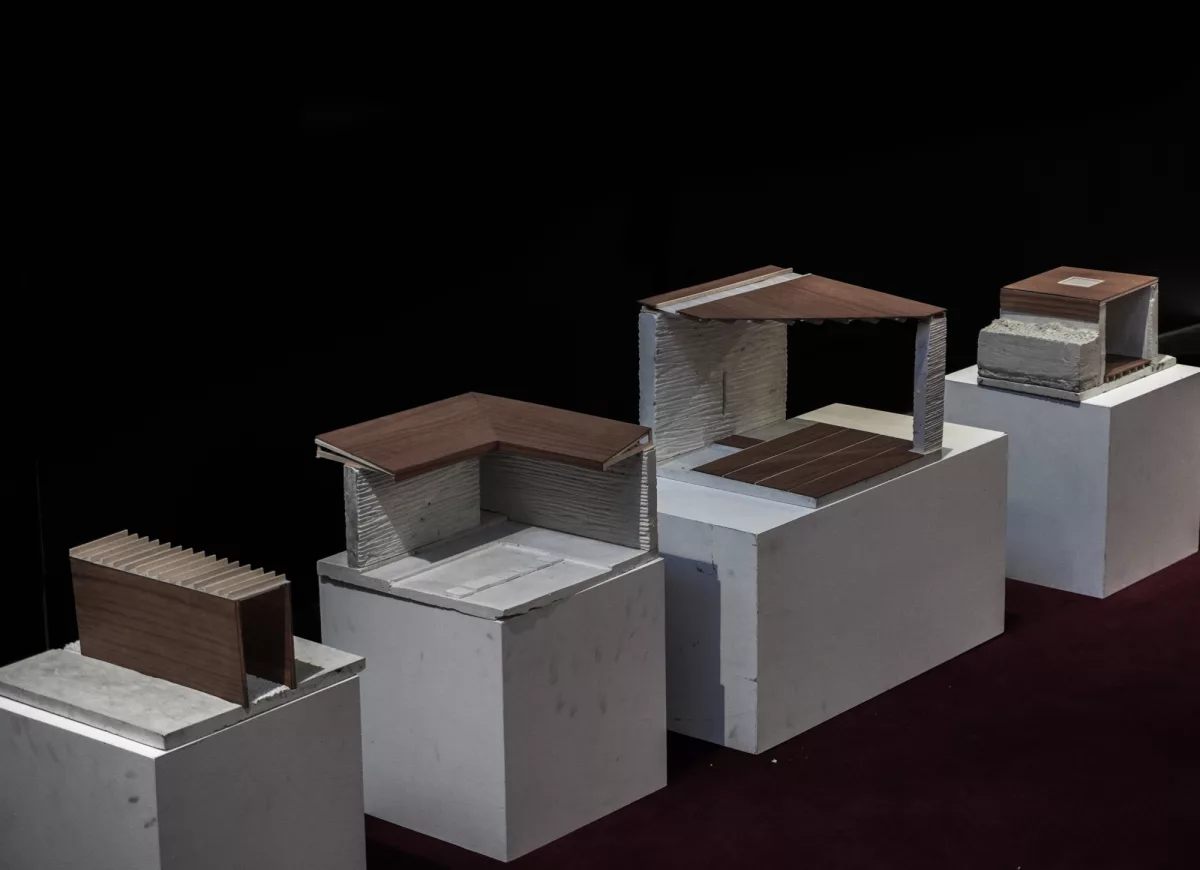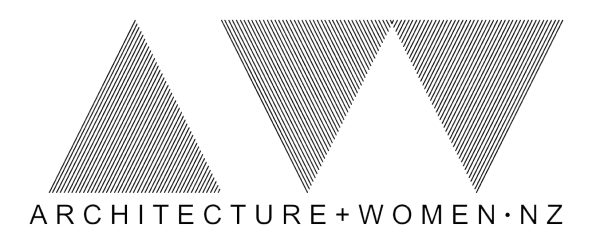
Iman is an architectural graduate, researcher, teacher, and illustrator - having recently completed her master’s thesis at Waipapa Taumata Rau, the University of Auckland. Her thesis focuses on architectural phenomenology and cultural heritage, driving her passion for heritage conservation. Since 2021 she has worked in practices and taught Media Studies, Architectural Ecologies, and Architectural Technologies at the University of Auckland and Auckland University of Technology. Iman has also been a research assistant in the Future Cities Research Project “Smart Solar Urban Furniture,” creating research databases, organising focus groups and designing furniture for fabrication. She works as a researcher in the Digital Heritage Research Centre at the Unitec Institute of Technology, balancing numerous national and international projects directed towards digital heritage. As a hobby, she illustrates and collaborates with other creatives to host exhibitions such as “de la Milpa a la Mesa”, – a Mexican food exhibition that travels around New Zealand.
Showcase
Reviving the Spirit: an architectural reflection of sacred in the secular
In an increasingly secular society, the significance of the spirit has become an afterthought despite being a fundamental human attribute that influences our everyday experiences. If most of our time is spent inside spaces, what is the capacity of architectural enclosures to fill the spiritual void for those seeking it?
Spirituality presents itself in a multitude of ways. A spiritual experience for some may be entering a religious building, viewing the natural environment’s splendours, or eating a delicious meal. However, given its complex nature, the term’ spiritual experience’ often gets lost in many experiences. Although the state of spirituality remains within a speculative realm, it is indefinitely tied to the physical realm – strengthening the importance of architecture in shaping our experiences. Defining spirituality is almost impossible as the experience and its triggers are specific to each individual on an emotional, spatial, physical, and social scale. While spirituality does not directly associate itself with religion, dismissing the connection between the two would be irrational.
The nature of the spirit is such that it surpasses our rational understanding of the world in terms of scientific explanation, where certain feelings, experiences, and states of being cannot be explained. Such is the state of the mind while dreaming or having the sensation of spirituality. Instead, spirituality lends itself to greater awareness of oneself in a space beyond the physical realm.
Given the particularity of the Spirit, the thesis investigates both secular and sacred spirituality through a series of lived experiences. If architecture is a significant component of the events and experiences that take place within it, how may certain experiences facilitate an approach to designing architecture? By analysing existing overlaps between secular and sacred spiritual experiences, the thesis proposes an architectural proposition on reviving spirituality in a secular context.
Spirituality presents itself in a multitude of ways. A spiritual experience for some may be entering a religious building, viewing the natural environment’s splendours, or eating a delicious meal. However, given its complex nature, the term’ spiritual experience’ often gets lost in many experiences. Although the state of spirituality remains within a speculative realm, it is indefinitely tied to the physical realm – strengthening the importance of architecture in shaping our experiences. Defining spirituality is almost impossible as the experience and its triggers are specific to each individual on an emotional, spatial, physical, and social scale. While spirituality does not directly associate itself with religion, dismissing the connection between the two would be irrational.
The nature of the spirit is such that it surpasses our rational understanding of the world in terms of scientific explanation, where certain feelings, experiences, and states of being cannot be explained. Such is the state of the mind while dreaming or having the sensation of spirituality. Instead, spirituality lends itself to greater awareness of oneself in a space beyond the physical realm.
Given the particularity of the Spirit, the thesis investigates both secular and sacred spirituality through a series of lived experiences. If architecture is a significant component of the events and experiences that take place within it, how may certain experiences facilitate an approach to designing architecture? By analysing existing overlaps between secular and sacred spiritual experiences, the thesis proposes an architectural proposition on reviving spirituality in a secular context.
Year of Completition
2023
Type
MArch (Prof) Thesis
Role
Thesis student supervised by Michael Milojevic













